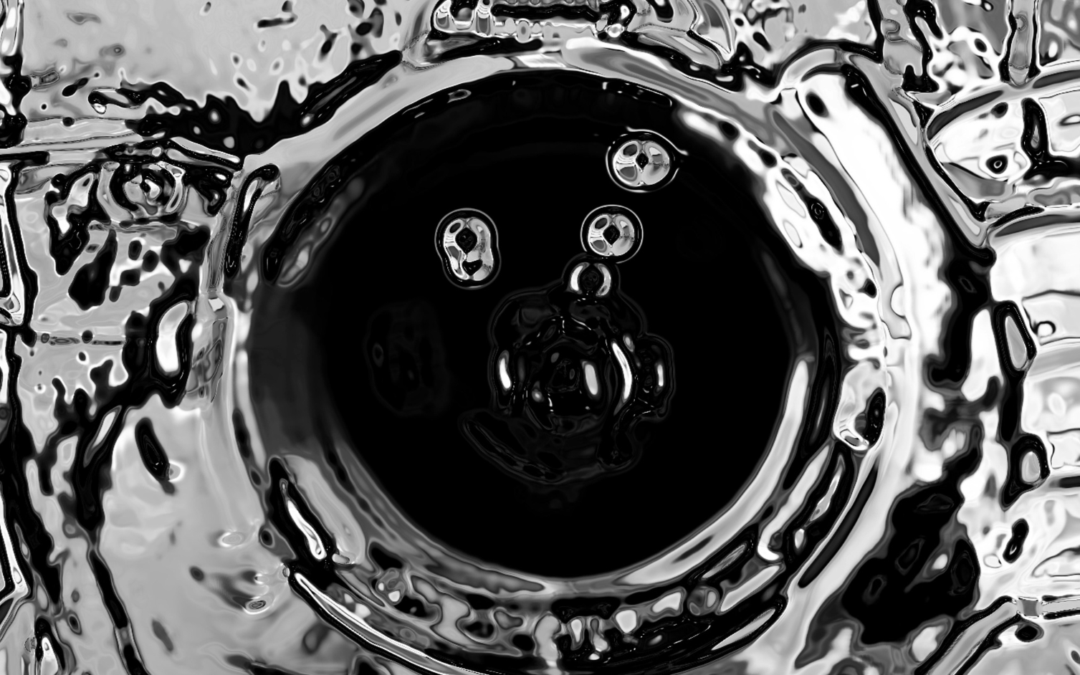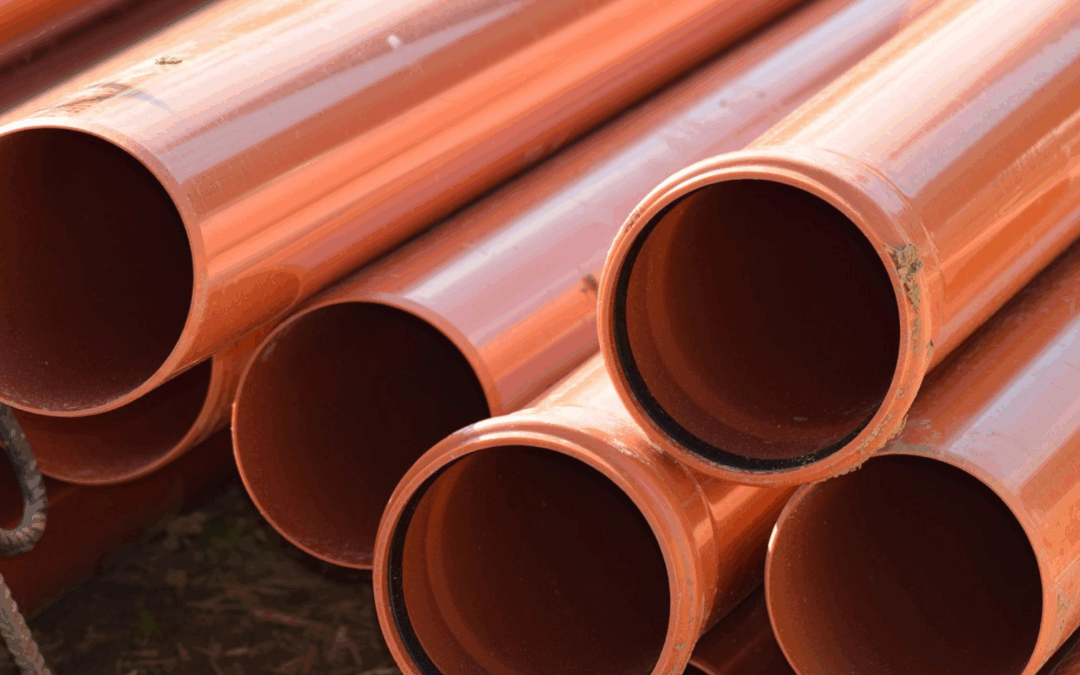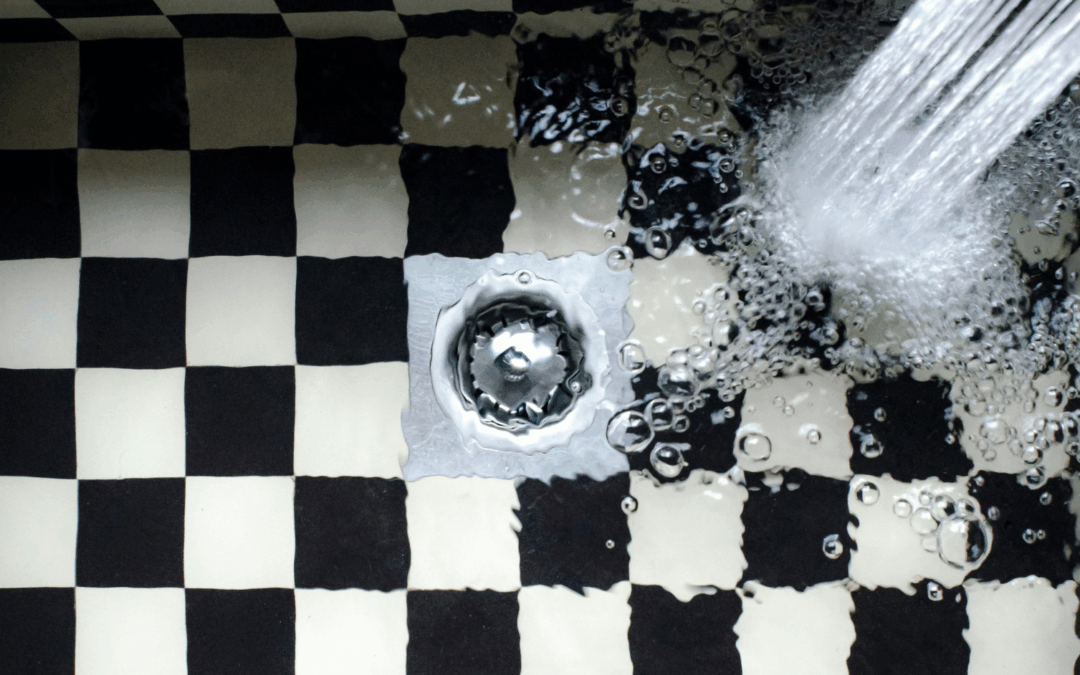Septic tanks are vital to any home, business, or municipality. They help to treat and dispose of wastewater in an environmentally safe manner. But considering septic systems are completely underground, it is easy to overlook and forget the importance of regular inspections.
Undoubtedly, many people do not take the time to inspect their septic tanks regularly. This can lead to several problems, including environmental damage and costly repairs. Also, the potential health risks of an overflowing septic tank are significant.
This article will discuss the importance of septic tanks and how to find the best plumbing service for your needs. We will also introduce you to the septic services we offer.
Schedule Service Online
Get a free estimate so you know what you're signing up for
"*" indicates required fields
For Emergency Services Call: 410-255-9300
What Is A Septic Tank?
A septic tank is an underground container that collects wastewater from your home. This underground chamber is made of concrete, plastic, or fiberglass and serves as a channel for domestic wastewater flowing from a building for basic sewage treatment.
Septic tanks are mostly used as the primary treatment in rural areas, urban settings, isolated households, or sites where the soil is unsuitable for installing sewers. Septic tanks are usually built where there is constant water flow, and a drainage system is needed.
Also, a septic tank removes and treats pollutants from wastewater. You can think of it as a large filtering system that helps to effectively remove disease-causing bacteria and other contaminants from your home’s wastewater. Wastewater includes things like toilet waste, kitchen waste, and shower water.
The wastewater goes into the septic tank, where bacteria break it down. After breaking down the wastewater, liquid flows from the tank into a drain field and is absorbed into the soil. The solid waste remains in the tank until a septic tank service provider pumps it out.
Also, septic tanks are made up of several chambers designed to separate solids from liquids. The first chamber captures the solid waste matter and allows it to settle at the bottom while liquid passes through into the second chamber, where more solid waste is separated before flowing out into a drain field.
How Does A Septic Tank Work?
Septic tanks digest organic matter and separate floatable matter (like oils and grease) and solids from the liquid. The liquid effluent from the septic tank flows by gravity into a drain field where bacteria in the soil absorb excess nitrogen, phosphorus, carbon dioxide, and other pollutants.
The treated wastewater is then discharged into the ground through perforated pipes or open ditches known as leach fields, absorption trenches, or dispersal beds. It is important to note that the wastewater must be disposed of in a properly constructed leach field.
Septic tanks are usually connected to an inlet pipe and an outlet pipe. The inlet pipe is located near the top of the tank, while the outlet pipe is located at the bottom. Inlet pipes transport wastewater from the building into the tank. The outlet pipe carries treated wastewater away from the septic tank and out to a drain field, where it is eventually released into the ground.
Also, when the septic tank collects wastewater, it separates it into three layers. The solids settle at the tank’s bottom and form what is known as sludge, while the lighter particles float to the top and form what is known as scum. In between these two layers is a middle layer of water that gets discharged from the tank through an outlet pipe.
Benefits Of Using A Septic Tank

A septic tank plays an important role in your home’s wastewater system. Here are some of the benefits of using a septic tank:
Environmentally Friendly
Septic tanks are an environmentally friendly wastewater treatment system. The wastewater is treated in the tank before it is released into the environment, which helps to reduce pollution and protect local groundwater supplies from contamination.
Cost Effective
Septic tanks are also cost-effective. They require a few hundred dollars for maintenance and don’t need a connection to an external sewage system. This can help to save you a lot of money on your water bills.
Healthy Benefits
When a septic tank is properly installed and maintained, it can help to protect your family’s health by preventing the spread of disease-causing bacteria and other pollutants. Regular maintenance also helps to keep your tank functioning properly and prevent pollution.
Might Increase Property Value
Also, a septic tank might help to improve your home’s property value. Houses with well-maintained septic tanks tend to have better value for more than houses without them. The importance of regular inspections can not be overstated when it comes to septic tanks.
Durability
Septic tanks generally last for over 20 years if they are constructed properly and maintained regularly. They can withstand most types of weather conditions and provide many years of service.
Prevents Slow Drainage
Septic tanks also help to prevent slow drainage in your home by collecting solid waste and allowing liquids to flow freely. This helps to reduce the risk of plumbing clogs, which can lead to costly repairs.
How To Preserve And Maintain Your Septic Tank
It is essential to inspect your septic tank regularly to ensure that it is functioning properly and not leaking. Here are some best practices for preserving and maintaining your septic tank:
Inspect Regularly
Most building owners don’t inspect their septic tanks regularly. As a result, they may only notice problems once it is too late. According to the Washington State Department of Health, it is best to inspect a septic tank and drain field, commonly called a “gravity system,” at least once every three years. All other types of systems are required to be inspected at least once every year.
Pump Regularly
Also, always pump the septic tank regularly, not until you detect a problem. The ideal time for pumping your septic tank is when it accumulates 33% of its total capacity. This will help to keep the system working efficiently and maintain a healthy environment around your home. Consider your household size, wastewater generated, and septic tank size before deciding how often to pump it.
Use Water Effectively
You should also use water efficiently to help avoid septic tank problems. This means reducing the amount of water that your household consumes daily. Try to limit long showers, laundry loads, and dishwasher cycles. You can also install low-flow toilets and faucets in your home to reduce the amount of water used.
Be Careful With Flushing
It is also important to be careful what you flush down the drain. Only flush toilet paper and human waste because other items can clog your septic system. Anything else should be disposed of in a trash bin.
Maintain The Drainage Area
Maintaining the drainage surrounding your septic tank is paramount. This means keeping the soil around your septic system free of tree roots, vehicles, or other large objects that can damage or disrupt the drain field. The best way to do this is by having a professional inspect and maintain your septic tank regularly.
Observe Signs of Problems
Always look out for signs of problems with your septic tank and yard. Issues such as slow-draining sinks, gurgling sounds from your pipes, and strong smells from the drainage area are signs of something wrong. If you notice any of these signs, contact a professional plumber immediately.
Hire A Professional Plumbing Company
Finally, if you have a problem with your septic tank, it’s best to hire a professional plumbing service. Although you may want to adopt a DIY approach to septic tank maintenance, it is important to ensure that any repairs are done correctly. A professional plumbing service is more experienced and will specialize in all aspects of septic tank plumbing and repair. They offer efficient services at competitive prices, ensuring that your septic system remains functional and healthy for years to come. If you’re looking for where to find septic tank services in glen burnie, you come to the right place.
MD Sewer And Plumbing is the best plumbing service in Glen Burnie, Maryland, Pasadena, and the surrounding areas. The team at MD Sewer And Plumbing will offer the best septic tank services, from installation and repair to maintenance.
Conclusion
Generally, septic tanks are important and need regular maintenance. As a homeowner, you should inspect your septic tank regularly to ensure it is functioning properly and not leaking. Regular septic tank inspections will save you from unnecessary headaches and expensive repairs. Also, when you hire a professional plumbing service, you know that the septic tank will be serviced promptly.
The Best Septic Tank Service, Glen Burnie MD – MD Sewer And Plumbing

If you are experiencing septic tank problems or other plumbing issues, MD Sewer and Plumbing is here to help! We are plumbing professionals who have provided reliable sewer and plumbing services in Pasadena, Glen Burnie, Linthicum, Annapolis, Baltimore, and surrounding areas since 1985.
We have the latest tools and equipment to handle any repair or maintenance job. And our excellent customer service and licensed professional plumbers are always available to offer 24/7 emergency service for our wonderful clients. Some of our other services include water heater repairs, toilet installation, new construction plumbing, and clearing of clogs. Kindly contact us today for all your plumbing needs and access amazing discounts on our already affordable services.




